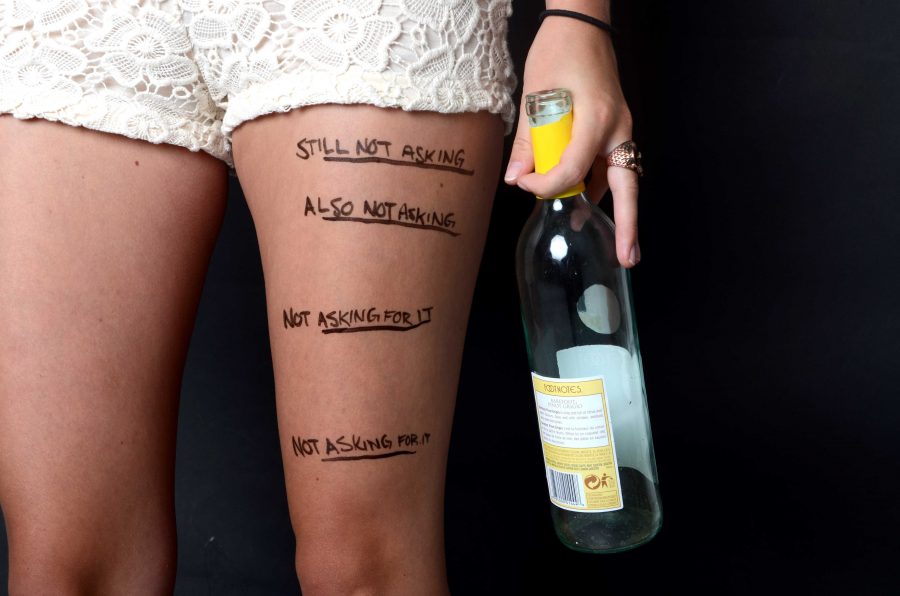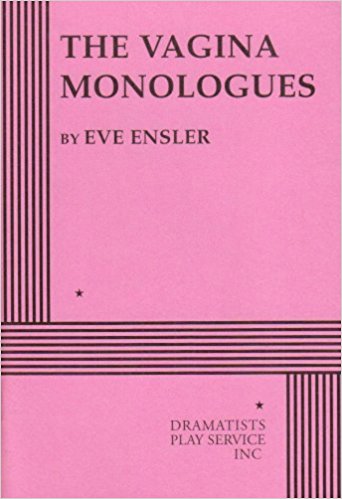By Mackenzie Farkus
Staff Writer
Betsy DeVos was confirmed as the Secretary of Education after Vice President Mike Pence broke a tie in the Senate vote on Feb. 7. This date marks the first time in U.S. history that a vice president has had to break a tie (51-50) in a cabinet nomination hearing.

DeVos is a wealthy political campaign donor, philanthropist, and education activist from Michigan. She is a strong proponent of vouchers, for-profit charter schools, and tax credit scholarships. DeVos previously chaired the American Federation for Children and worked as a Republican National Committeewoman in the 1990s.
A multitude of Democrats, teachers unions, students, and even charter schools protested the nomination of DeVos leading up to the moments before Vice President Pence broke the tie. Democrats gave back-toback floor speeches overnight arguing why DeVos should not be confirmed as the new Secretary of Education for the Trump Administration.
Only two Republicans, Senator Susan Collins of Maine and Senator Lisa Murkowski of Alaska, voted against DeVos. Both of them cited thousands of calls from concerned constituents as their primary reason for their votes as well as DeVos’ lack of experience in the realm of public school education.
Senator Tim Kaine of Virginia and Senator Maggie Hassan of New Hampshire, both Democrats, also expressed concern over DeVos’ inexperience. Kaine and Hassan asked DeVos multiple questions about the Individuals with Disabilities Education Act (IDEA) during the Senate confirmation hearings that occurred in January. Many senators grew worried when it became clear that DeVos lacked knowledge of IDEA and other protections for students with disabilities.
In many of her answers to the senators present during the hearing, DeVos was adamant in her belief that states should have the right to independently choose how to operate their public schools.
“It is necessary and critical for states to have flexibility to determine how to identify and improve schools,” DeVos said during one of the hearings.
This year, the Department of Education will be revisiting Title IX requirements for schools, the implementation of the Every Student Succeeds Act, tuition costs, for-profit colleges, and school accountability and spending.
According to the New York Times, DeVos is also likely to face challenges in regards
to freedom of speech on college campuses and the rights of the states in improving schools.
Lily Eskelsen García, the President of the National Education Association, stated that she and her organization will be paying close attention on how DeVos handles these issues while she is the Secretary of Education.
“As soon as she does something alarming, it will be known, it will be seen,” Eskelsen García said. “She won’t be able to hide.”














